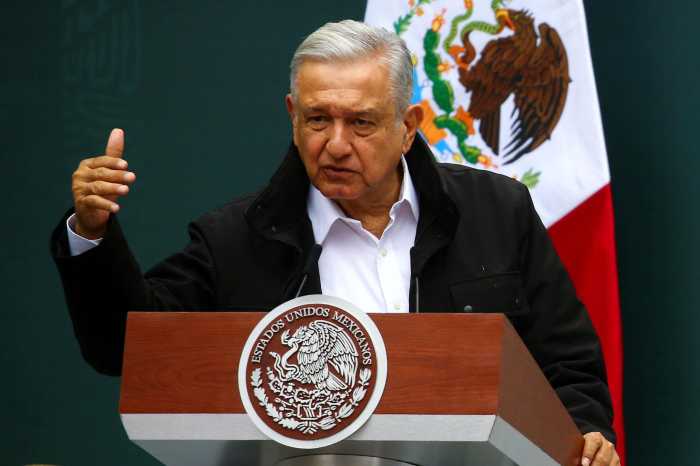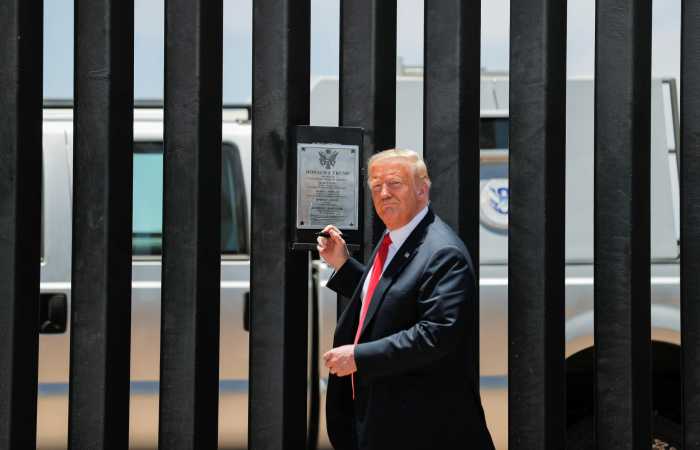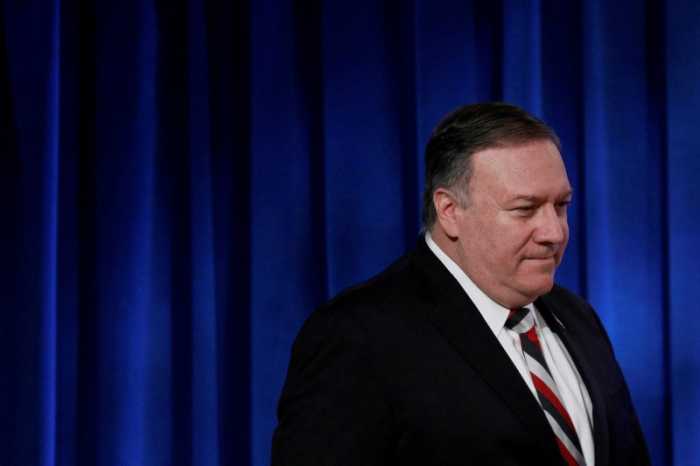One New York City migrant fled Mexico with his family after being kidnapped and beaten by the cartels. Another left Venezuela with his family in search of a better life, prompting him to make the long journey up through the Darien Gap — where he encountered dead bodies in the jungle — to get to America.
Both migrants and their families are currently in a shelter in Long Island City, Queens, at a formerly four-star hotel called the Collective Paper Factory, located at 37-06 36th St.
Their harrowing stories are just two of the many that amNewYork Metro and Queens Post have uncovered over the past year. Others include the family of Yohandri Arevalo who made the journey with his wife and three children from Venezuela. Another is the story of Boubcrin el-Hakim, 25, an immigrant from Mauritania, who flew from Turkey to Colombia and then traveled through central America and Mexico to get to the U.S.
In the latest story, amNewYork Metro spoke to Carlos, 41, a Mexican man who was staying at the Long Island City-located hotel. He began the conversation by lifting his hat to reveal a large bump on the top of his head and marks above his eyes.
Carlos’ tale is the kind shared by thousands of other migrants who, in recent years, have ventured thousands of miles, risking their lives, to come to America and escape violence and tyranny back home. While they face outspoken opposition from some local residents who would rather not have shelters in their backyards, the migrants remain grateful to live in a place of relative safely and freedom, and give themselves and their families a new start.
The cruel cartels
Carlos, who did not want to provide his full name because he still lives in fear of the cartels, said the injuries were caused by cartel members beating him with the butt of a rifle while he was being held in their captivity in Mexico. He also revealed missing teeth in the back of his mouth which he says the cartel plucked out as they demanded he hand over money from his floral business.
“They pulled out my teeth, they hit me here in the eyebrow and in many places, they mistreated me,” said Carlos, who fled to New York in August with his 28-year-old wife, their 3-year-old daughter who has autism, and their 5-month-old.
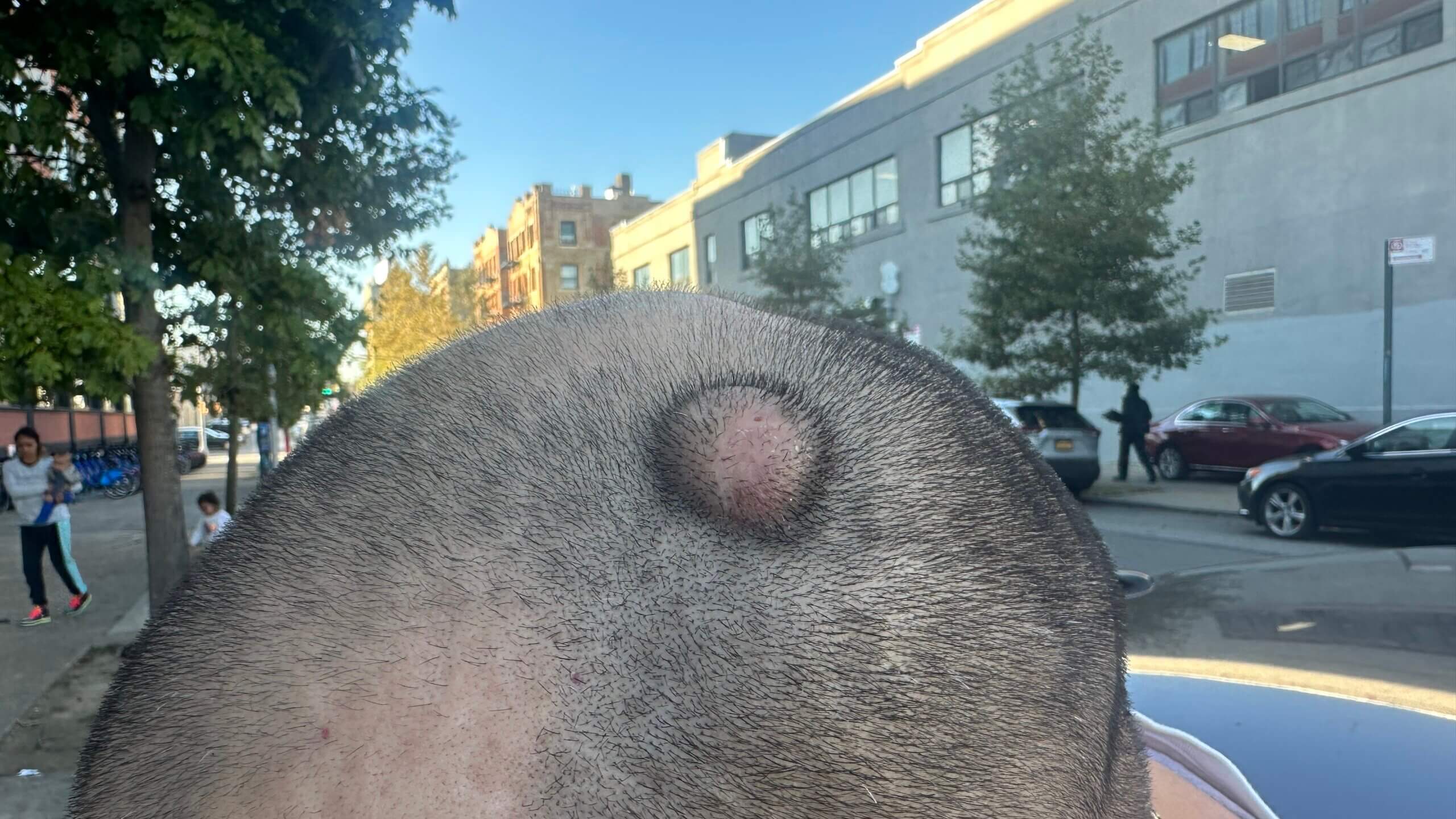
His wife’s parents also came with them and the family of six are now living at the Collective Paper Factory.
Carlos spoke to amNewYork Metro outside the hotel as his daughter happily ran around under the watchful eyes of his wife who was holding their son. He said the mark on his head has not healed properly because he is a diabetic, and it now looks more like a tumor.
“I sold flowers in Matamoros [a city in the northeast of Mexico] and I was doing very well when the cartel found out,” said Carlos, who told amNY Metro/Queens Post in Spanish.
Carlos said the cartel kidnapped several people working in the floral business and then, afterward, forced him to buy flowers from the cartel–that he would then sell to his end customers.
“They created a monopoly in the flower industry, and we all had to buy the flowers from them,” Carlos said. “They sold the flowers to us at a high price and poor quality.”
“They also took money from me because I was a foreigner,” added Carlos, who is originally from Venezuela and emigrated to Mexico six years ago for a better life.
“I had to pay $7,500 to be released and they took my car and my truck. I was able to stay in Mexico, but I lost practically everything,” he said. “They killed the one [employee] that didn’t pay.”
Attacked by Venezuelan government
Carlos said life in Venezuela was also dangerous before he left for Mexico, with the socialist government running roughshod over its people.
He said that in 2013 he protested against the Venezuelan government and was shot in the back. Lifting, his T-shirt, he showed the bullet wound and said he was left in a wheelchair for 18 months after the incident — and is lucky to be alive.
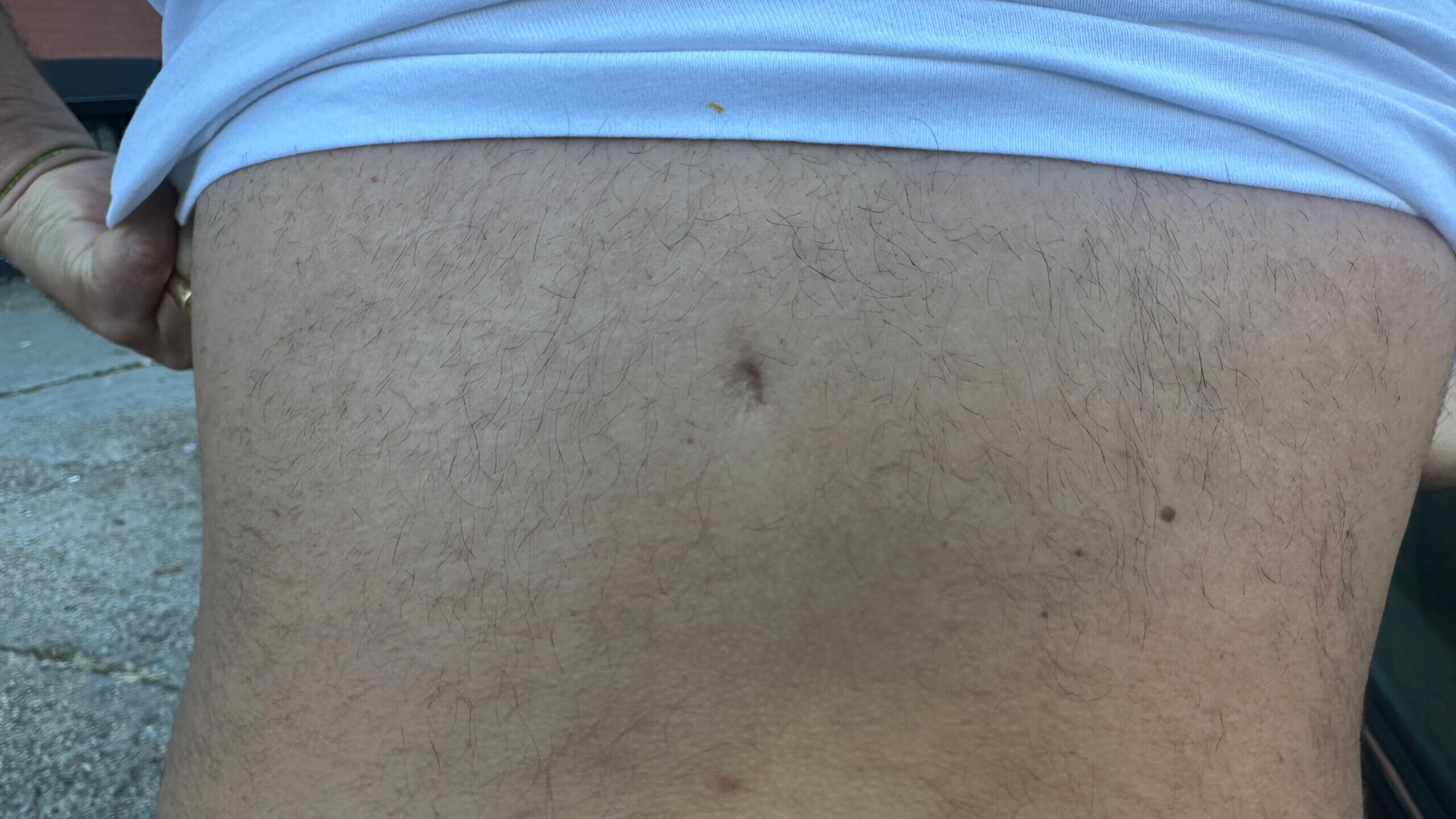
Earlier this summer, Carlos said he sold what little items he had left, and he and his family made his way to the U.S. by passing through Reynosa, a city in the northeast of Mexico that borders Texas. The Rio Grande River runs through the city.
The family traveled to San Antonio and then onto North Carolina before ending up in New York on Aug. 11. His wife’s parents are staying in one room at the shelter, while he is staying in a different room with his wife and kids. He said social workers told him his daughter must wait until she is at least four years of age before she can get care for her autism.
Carlos said he has just received a social security number and is waiting on a work permit before he can get a job. Carlos said it has been hard staying at the hotel and not being able to work but when the permit does come through, he is willing to take any type of job.
“When I think about the situation, I get depressed, but I believe a lot in God and I think he is going to fix this situation for us,” said Carlos, who was smoking a cigarette and in good spirits despite his ordeals.
He said the migrants are not allowed to cook their own food at the hotel and must eat at designated times: “The food is bad but it’s not a complaint, I am grateful because the New York government have let us stay here.”
He said the migrants have been told there is no deadline for them to move out of the premises. Carlos said there are migrant families from Venezuela, Mexico, and Ukraine living at the shelter.
Others seen at the hotel appear to be of Asian descent, with one man telling amNewYork Metro recently that he is from Mongolia.
Surviving the Darien Gap

Meanwhile, another Venezuelan man who is living at the shelter in Long Island City described how he and his family made the treacherous journey and had to navigate the Darien Gap, a jungle that is situated along the border of Colombia and Panama.
Argenis Arteaga, 41, a burly man who was smoking a cigar outside the shelter, said he traveled through the brutal terrain with his 29-year-old wife, and his three children aged 10, 8, and 5. He said he was fleeing the socialist government.
“It’s super hard with riverbanks, super tall mountains, and there are rocks below the banks, it’s disastrous,” Arteaga told amNewYork Metro in Spanish, which was translated into English by a translator.
“You come across people who have died on those routes… you find things you can’t even talk about on the way here.”
“My 5-year-old had the hardest time through the Darién Gap because it’s so many hours walking. The little one was impacted a lot, his legs hurt, sometimes he’d have pain in his hips.”
Arteaga said that after crossing through the jungle they traveled through countries such as Costa Rica and Honduras where they had to sleep on the streets.
“Some refugee shelters in those countries offered us some support, but there are so many Venezuelans leaving the country that not all refugees get aid,” Arteaga said. “That’s why you have to plan for this, the journey is so hard, it’s so hard.”
Arteaga said he found that migrants encounter different challenges in Mexico.
“You have to cross Mexico town by town, and a lot of times immigration authorities send you all the way back to the start,” Arteaga said. “You would already have crossed through three, four towns, and if immigration grabs you and doesn’t like the way you speak, for example, they’d send you all the way back to your starting point in Mexico.”
Securing approval to stay
Arteaga said he was fortunate to get an appointment with immigration officials to secure a port of entry approval, which makes it easier to claim asylum.
Migrants who qualify for asylum must prove they have been persecuted or fear that they will suffer persecution due to race, religion, nationality, membership in a particular social group, or political opinion, according to U.S. Citizens and Immigration Services (USCIS).
“So, in my case, I didn’t have to give myself up to immigration since I got that port entry approval for the San Ysidro-Chaparral border crossing station,” he said. The crossing is in northwestern Mexico.
Arteaga said the family then traveled to San Diego in early August where they stayed in a shelter for eight days. The shelter was then shut down and they were flown to New York to stay at the Paper Factory.
His three children are now all attending school locally, and getting a better education than they were getting in Venezuela.
“They’re getting an education and they’re adapting after everything,” Arteaga said. “We just got here, so we’re all adapting but the kids are doing very well in school. They’re learning the language too; they’re already pronouncing words in English.”
Arteaga said he and his family are a lot happier now, but he too is waiting for a work permit. He previously worked in a medical supplies warehouse in Venezuela. He said he prefers New York to San Diego and is particularly fond of Times Square.
He said the migrant families at the hotel all get along and look out for each other.
“It’s like a big family, we all cooperate and help each other,” he said. “I like Queens. It’s calm, it’s peaceful here in this neighborhood. I mean, I’m not familiar with all of New York, but this neighborhood is really calm.”
Arteaga said he is grateful to be living at the shelter and is looking forward to the future.
“I just want to say thank you to the United States government for letting Venezuelans search for a better quality of life,” Arteaga said.
“Not only are we looking for a better quality of life in terms of employment, but we’re also looking for a better quality of life for our kids — education, healthcare, the primordial things… and that they can grow up here, it’s about them first and foremost,” he added. “Thanks to God and the saints in heaven we’re here and that I’m embarking on this new phase of my life with my family.”
Camille Botello contributed to this story as a reporter/translator.
Read more: Pro-Palestinian Protest at Gillibrand Office Leads to Arrests




